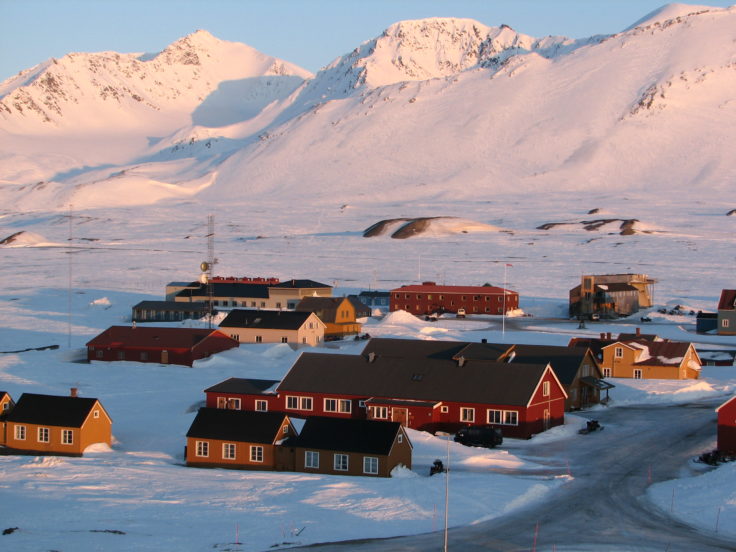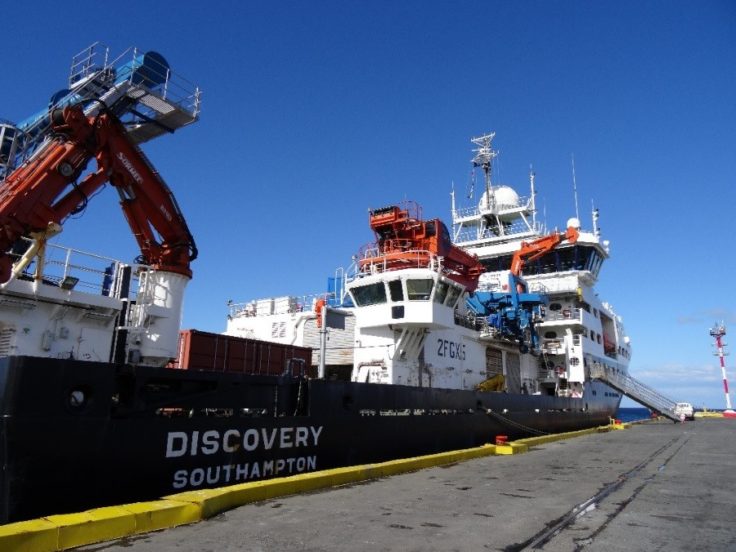NERC update on polar research planning
Global challenges due to COVID-19 have impacted research, fieldwork, facilities and infrastructure in the polar regions, resulting in an accumulation of funded projects to be supported.
NERC is committed to polar research and its importance to environmental science, and we are continuing to invest in world-leading polar research facilities.
Over the past two years our priority has been to prevent transmission of COVID-19 and with the subsequent delay in the construction of the RRS Sir David Attenborough most polar marine science cruises and major Antarctic field science projects were unable to take place when requested. As a result, NERC is encouraging flexibility from researchers seeking to develop new proposals for polar research that require marine or field support.
Prioritisation and planning
RRS Sir David Attenborough completed a successful logistic season in 2021/2022, resupplying research stations and supporting construction projects as part of the Antarctic Infrastructure Modernisation Programme (AIMP), and is currently part-way through delivery of the 2022/2023 season which includes a polar water trials cruise. We are now prioritising the delivery of funded polar research programmes, whilst continuing to support the community to develop new projects.
As a result of prioritising funded research and ongoing construction work as part of AIMP, scientists developing new project proposals that require use of RRS Sir David Attenborough as a marine science platform, and/or requiring deep field polar support, will be encouraged to be flexible as they develop their proposals.
This flexibility is not needed for projects requesting access to the UK Arctic Research Station, which is unaffected.

Digital approaches to polar research
NERC is committed to placing data and digital technologies at the heart of current and future UK environmental science, particularly during these busy times for polar infrastructure. We encourage researchers to consider proposals that use existing research data, remote sensing information, or other digital approaches, such as the use of autonomous vehicles (e.g. NOC MARS facilities) that require only nominal associated ship time.
For example, marine projects such as the Ocean Regulation of Climate by Heat and Carbon Sequestration and Transports (ORCHESTRA) used, as part of the project, a combination of data collection (including from Earth observation sources), analyses, and computer simulations. This approach radically improved our ability to measure, understand and predict the circulation of the Southern Ocean and its role in the global climate.
For new marine projects in the polar regions requiring significant support but not traveling through ice, there is the opportunity to request access to the RRS Discovery and RRS James Cook, which are operated by the National Oceanography Centre (NOC).

Applications and support
Applications for future science cruises and polar fieldwork are still welcome, particularly where projects do not require significant use of RRS Sir David Attenborough as a marine science platform, and/or deep-field polar infrastructure such as the use of aircraft from Rothera and Halley Research Stations.
Potential applicants must contact the NERC Marine Planning team (Marine Planning) and/or BAS Operations (Polar Fieldwork – How to Apply) to discuss details and possible timelines of any projects being considered. Applicants should note the cruise prioritisation criteria.
Further information
As we adapt our schedules and complete Antarctic Infrastructure Modernisation Programme (AIMP) we will continue to update researchers and to support projects to maintain the UK’s position as a world leader for polar science.
Up-to-date information can be found on the following webpages: